|
I am a voracious reader and in some ways everything I have ever read has given something to my writing so it is hard to pin down only five and on any given day I might choose five completely different books. Consequently there are some glaring absences on this list, like Conrad and Nabokov, whose novels are master-classes in prose styling. Nevertheless I have whittled it down for today. 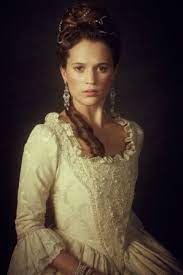 Tess of the D'Urbervilles by Thomas Hardy Hardy’s prose is dauntingly beautiful and his descriptions of the countryside, its beauty and brutality, have remained with me since I first read it as a child. I still remember Tess’s frozen fingers, the great clods of mud clinging to her shoes during her relentless winter digging beets. Tess is an extraordinary creation and the sense of terrible injustice in the novel is a theme I have often explored in my own. 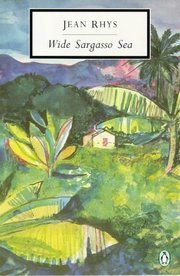 Wide Sargasso Sea by Jean Rhys To breathe life into the demonised figure of Bertha in Charlotte Bronte’s Jane Eyre was a stroke of brilliance. In Wide Sargasso Sea we are given a new lens through which to understand Bertha’s madness and her actions. It tells of a woman appropriated and crushed for her fortune and made me reassess the novel from which it sprang and see Bertha Mason as a victim rather than a monster, as well as inspiring me to look more deeply into the stories of women on the margins. 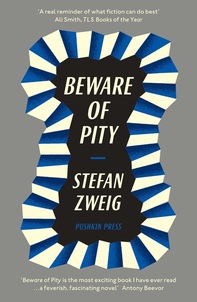 Beware of Pity by Stefan Zweig It was a close call between this novel and another of Zweig’s, The Post Office Girl, which specifically inspired my latest novel [The Girl in the Glass Tower] and gave me its epigraph. Beware of Pity though is a longer, more complete and ambitious work that epitomises the author’s style. He has a way of understanding human weakness and moral ambiguity that particularly interests me. This novel is set just before the outbreak of WW1 and focuses around a single act, a small mistake, which has life-changing consequences for the protagonist. 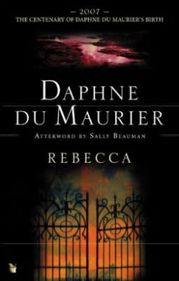 Rebecca by Daphne du Maurier I first read Rebecca when I was very young and the terrifying figure of Mrs Danvers stayed with me. Her presence creates extraordinary tension in the novel and the way du Maurier describes the poor nameless heroine, on first arriving at Manderlay, so timid and out of place, resonated greatly with me. But it is how the timorous heroine manages to overcome adversity, in spite of her lack of obvious spirit, that makes it such a memorable novel. 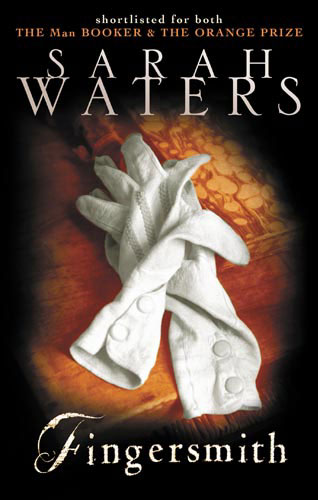 Fingersmith by Sarah Waters It’s no secret that I’m a huge Waters fan and particularly of her rich and precise use of descriptive vocabulary. But I think Fingersmith is my favourite of her novels because of its ingenious structure and absolutely unexpected plot twist. It is that rare thing, a literary novel with serious themes that is also a gripping page-turner. When I set out to write a novel this is always my aim but it is more difficult than Waters makes it seem.
0 Comments
Leave a Reply. |
Subscribe to Elizabeth's quarterly newsletter below:Archives
June 2018
Categories
All
|
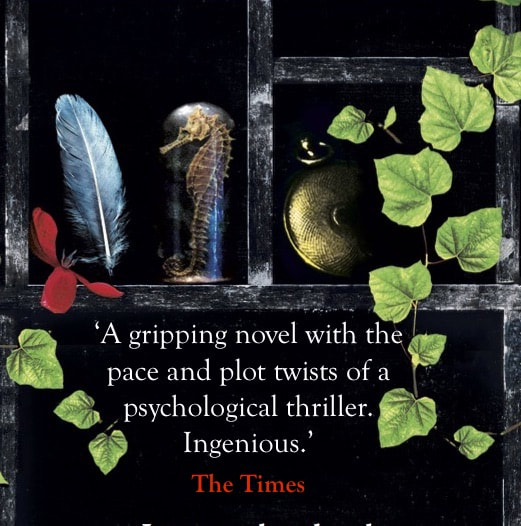
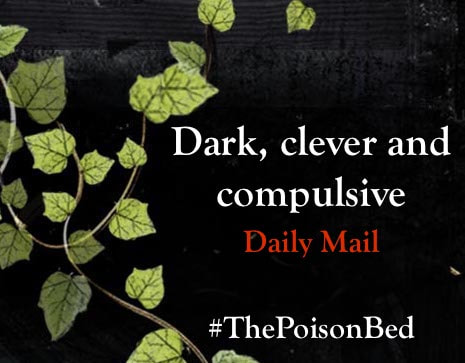
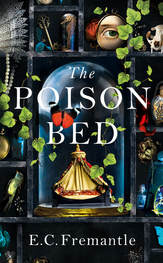
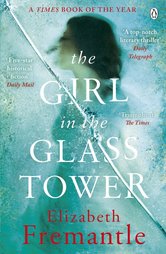
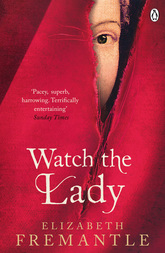
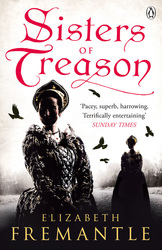
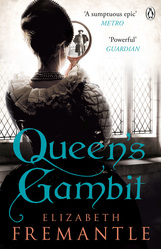
 RSS Feed
RSS Feed
